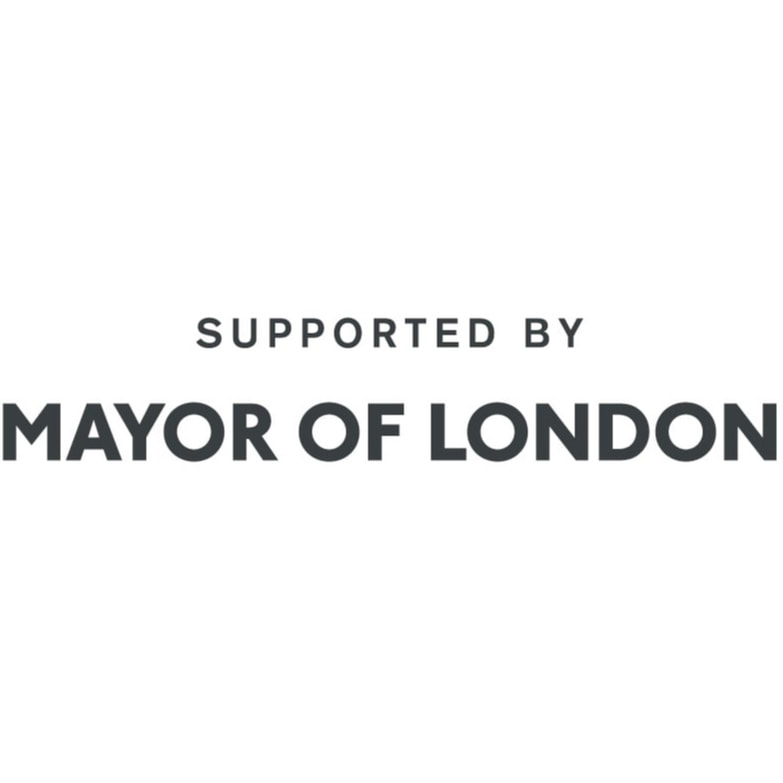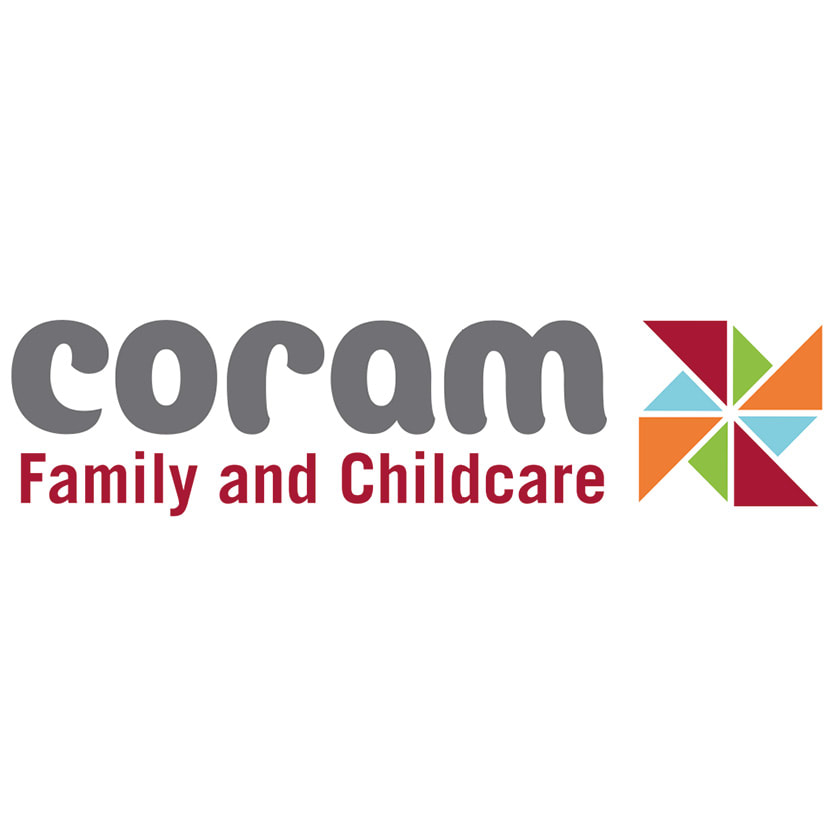Recruiting your Nursery Manager
Extract from Coram Family and Childcare Trust report
The Nursery Manager is a critical role in any nursery. They hold responsibility for the day to day provision, bringing their skills and experience to ensure every child, and their family, is supported and nurtured. They also establish the culture of the organisation, within the staff team and between staff and parents. And they will work closely with parent directors to shape and develop the nursery.
When will you recruit your manager?
Your Nursery Manager needs to be in post before you can begin the registration process with Ofsted, so recruitment needs to start well in advance of planned registration and opening. However, it cannot take place until your organisation has been registered as an organisation, in order that they will be able to be the employer. Once the Nursery Manager is in place, you need to inform Ofsted. The registration visit from Ofsted is then likely to take place within 25 weeks, but in some circumstances could take longer. There is no guarantee that your registration visit will be successful and this can be off putting for some candidates. Recruitment can also take some time and this needs to be factored into plans. At Friendly Families Nursery we found that there was a lot of competition for high quality candidates which meant it took longer than expected to find a suitable candidate.
What skills and experience will you prioritise in your Manager?
It is possible to find template job descriptions for Nursery Managers that can then be adapted to include the particular skills, knowledge and experience that will be important for this role. Your job role should reflect the values and purpose of the organisation. At Friendly Families Nursery, we used paid-for resources, including a template job description, from the Early Years Alliance to support recruitment.
How will you involve families in the recruitment process?
Before starting to advertise the role, it is important to plan out your recruitment process. This includes deciding which Parent Directors and other local parents will be involved in the recruitment process and how. At least one member of your recruitment panel needs to complete safer recruitment training (available online) and you may decide that you want all involved in recruitment to complete the training. It is useful to compile your own safer recruitment checklist to ensure everyone is aware of what is required.
Recruiting high quality candidates can be highly competitive so it is important to be able to act quickly to minimise the risks of candidates finding other roles elsewhere. Book in times for shortlisting and interviews well in advance to make sure your team of parents and directors are available when needed so that interviews and appointments can take place promptly after applications close. If you are asking candidates to prepare a task in advance of the interview to run with families, it is particularly important to put this timeline in place early to make sure that candidates will have enough time to prepare and that families are able to attend. At Friendly Families Nursery, we had a small panel interviewing, which included a parent, a childcare professional and a director. We then asked candidates to plan and run an activity with a small group of children. This was felt to be a really useful part of the recruitment process as it allowed everyone to see how the candidates interacted with families as well as children. Doing it this way did also create challenges for arranging interview times that worked a number of families’ busy schedules.
How will you reach candidates?
In order to get a good number of high quality applications, you need a plan to advertise the role widely and to build interest through word of mouth. Sharing your job advert with partners that have already shown an interest in the nursery development can be a useful way to get candidates with a greater understanding of the ethos and aims of the nursery. It is worth recognising that low pay and poor terms and conditions in the sector can affect the pipeline of suitable nursery manager candidates and so may mean that recruitment takes longer than hoped. We found that it was necessary to actively promote vacancies through word-of-mouth networks rather than just relying on job adverts.
Summary
Recruiting your nursery manager is a significant step in the development of your nursery. Ensure that you plan this process to involve parents and demonstrate the values and culture of your nursery to potential candidates.
When will you recruit your manager?
Your Nursery Manager needs to be in post before you can begin the registration process with Ofsted, so recruitment needs to start well in advance of planned registration and opening. However, it cannot take place until your organisation has been registered as an organisation, in order that they will be able to be the employer. Once the Nursery Manager is in place, you need to inform Ofsted. The registration visit from Ofsted is then likely to take place within 25 weeks, but in some circumstances could take longer. There is no guarantee that your registration visit will be successful and this can be off putting for some candidates. Recruitment can also take some time and this needs to be factored into plans. At Friendly Families Nursery we found that there was a lot of competition for high quality candidates which meant it took longer than expected to find a suitable candidate.
What skills and experience will you prioritise in your Manager?
It is possible to find template job descriptions for Nursery Managers that can then be adapted to include the particular skills, knowledge and experience that will be important for this role. Your job role should reflect the values and purpose of the organisation. At Friendly Families Nursery, we used paid-for resources, including a template job description, from the Early Years Alliance to support recruitment.
How will you involve families in the recruitment process?
Before starting to advertise the role, it is important to plan out your recruitment process. This includes deciding which Parent Directors and other local parents will be involved in the recruitment process and how. At least one member of your recruitment panel needs to complete safer recruitment training (available online) and you may decide that you want all involved in recruitment to complete the training. It is useful to compile your own safer recruitment checklist to ensure everyone is aware of what is required.
Recruiting high quality candidates can be highly competitive so it is important to be able to act quickly to minimise the risks of candidates finding other roles elsewhere. Book in times for shortlisting and interviews well in advance to make sure your team of parents and directors are available when needed so that interviews and appointments can take place promptly after applications close. If you are asking candidates to prepare a task in advance of the interview to run with families, it is particularly important to put this timeline in place early to make sure that candidates will have enough time to prepare and that families are able to attend. At Friendly Families Nursery, we had a small panel interviewing, which included a parent, a childcare professional and a director. We then asked candidates to plan and run an activity with a small group of children. This was felt to be a really useful part of the recruitment process as it allowed everyone to see how the candidates interacted with families as well as children. Doing it this way did also create challenges for arranging interview times that worked a number of families’ busy schedules.
How will you reach candidates?
In order to get a good number of high quality applications, you need a plan to advertise the role widely and to build interest through word of mouth. Sharing your job advert with partners that have already shown an interest in the nursery development can be a useful way to get candidates with a greater understanding of the ethos and aims of the nursery. It is worth recognising that low pay and poor terms and conditions in the sector can affect the pipeline of suitable nursery manager candidates and so may mean that recruitment takes longer than hoped. We found that it was necessary to actively promote vacancies through word-of-mouth networks rather than just relying on job adverts.
Summary
Recruiting your nursery manager is a significant step in the development of your nursery. Ensure that you plan this process to involve parents and demonstrate the values and culture of your nursery to potential candidates.
Checklists for Recruitment
Things to consider before you start your recruitment process
Person specification should always include:
Provide an applicant information pack
The pack should provide a clear image of your setting and prominently set out its commitment to safeguarding children. It should also ensure that the candidate knows what personal data you will ask of them and why. The pack’s aim is to encourage people who are suitable to apply and deter those are unsuitable from applying.
The pack should contain:
The applicant pack should also include a self-disclosure form. Applicants should provide their completed disclosure form in a separate, sealed envelope marked ‘confidential’.
Application forms should ask for:
Job advertisement
Shortlisting
Interview
Requesting references
- What policies and procedures do you need
- How long do you plan the process to take?
- How will you decide to who you will offer the job?
- Use the same people for shortlisting and interviewing. At least one member of your panel must be safer recruitment trained.
- Consider whether you will also have a separate panel of young people and how you will keep them safe in the recruitment process.
- Make sure the job description and the role makes clear that it is everyone’s responsibility to keep children safe
- Consider the unique safeguarding responsibilities that apply to the role and ensure these are covered in the job description.
- You should direct applicants to the code of practice for the relevant criminal record checking body.
Person specification should always include:
- Skills and levels of experience
- Abilities, behaviours, attitudes and values
- Qualifications.
Provide an applicant information pack
The pack should provide a clear image of your setting and prominently set out its commitment to safeguarding children. It should also ensure that the candidate knows what personal data you will ask of them and why. The pack’s aim is to encourage people who are suitable to apply and deter those are unsuitable from applying.
The pack should contain:
- The job description/role profile
- Person specification
- Statement on child protection/keeping children safe self disclosure form
- Outline of the selection process
- Application form, including required consent declarations
- Reference, pro forma
The applicant pack should also include a self-disclosure form. Applicants should provide their completed disclosure form in a separate, sealed envelope marked ‘confidential’.
Application forms should ask for:
- Personal details
- Education/training
- Full employment history
- Personal statement
- Make clear you will ask for 2 references, at least one from a current or most recent employer
- Signed declaration
Job advertisement
- Job/role title
- Location
- Length/type of post (fixed-term/permanent/volunteer/sessional)
- Diversity and equality statement
- Safeguarding and child protection statement
- Salary
- Hours (full-time/part-time/flexible working)
- What else do you need to consider?
- Where to place your advert
- The audience you want to reach
- The impact of language used and the message this sends
- Genuine occupational requirements to discriminate on the grounds of a
- protected characteristic as specified in the Equality Act 2010
- Cost implications
- Timescale of the recruitment process
- Start date
- If relocation expenses apply
Shortlisting
- At least two people should be involved in shortlisting
- Make sure all information is complete and highlight any discrepancies
- Shortlist 4-5 people
Interview
- Follow interview questions guidelines in document
- Ensure all interviewers are trained and well-briefed
- Make careful notes
- Assess candidates fully
- Use the correct criteria outlined in the specification
- Include young people – observe candidates interaction with young children and get the children’s views
- Apply the same standards to agency staff and volunteers in relation to safeguarding
- Assessing criminal conviction disclosures
Requesting references
- Use a standard reference request form
- Approach referees after the interview
- Sent reference request form to two referees
- For internal candidates request as a minimum one referee such as the candidate’s previous line manager.






